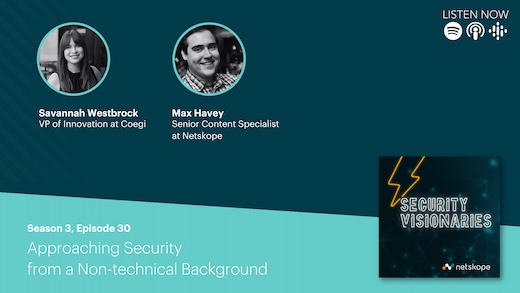Cloud misconfigurations continue to be a serious concern for organizations, and the list of security incidents caused by the exposure of data from Saas and IaaS applications only continues to grow. If we just consider the last week of April, there have been three cases of popular services spilling sensitive data: an unsecured Azure Blob has led to the exposure of thousands of files containing product pitches, a popular online resource for paleo recipes and tips has leaked the customer records of 70,000 users (unsurprisingly from a misconfigured AWS S3 bucket), and finally, and this is the most serious incident, an employee’s mistake inadvertently exposed the test result data involving the health information of 164,000 individuals on GitHub (once again).
There are also alarming figures coming from two recent studies: according to a report published by the open-source security company Snyk, misconfigurations are not only the most common cloud-native security incidents (45%) but also the main concerns (58%) for the respondents. Similarly, a second report from Censys has identified nearly 2 million database instances and more than 1.9 million RDP services exposed across cloud providers. We have also observed the exposure of RDP and SSH services in public cloud workloads, but the real problem is that the criminals are also observing (and exploiting) the same trends. For example, recently Advintel observed that Ryuk ransomware attacks are increasingly relying on compromising exposed RDP connections to gain an initial foothold on a target network.
How Netskope mitigates the risk of misconfigurations in public cloud
Netskope Public Cloud Security detects misconfigurations on AWS, Azure, and GCP, preventing organizations from leaking data from publicly accessible buckets or blobs, and in general from leaving misconfigurations (such as open database ports) that can be exploited by the bad actors. A set of predefined profiles allows organizations to comply with best practices and industry standards such as NIST CSF, PCI-DSS, CIS. Additionally, it is possible to easily build custom rules with a Domain Specific Language.
Netskope Next Gen SWG provides granular control for GitHub (and thousands of additional cloud applications) in terms of adaptive access control, DLP, and threat protection, preventing the upload of PHI by an employee via one of the predefined DLP profiles. Additional controls are available via the API protection in the CASB module. For example, an organization can be alerted if a repository is made public.
Netskope Private Access publishes resources (including RDP and SSH servers) in a simple and secure manner embracing the Zero Trust paradigm. It is possible to publish and segment resources located in a local data center, but also in a private or public cloud. The published service is not directly visible, and a security posture check is performed before the access is granted, mitigating the risk of brute-force or password-spraying attacks, a common way for malicious actors to exploit exposed services to break into organizations.
Stay safe!




 Back
Back 





















 Read the blog
Read the blog